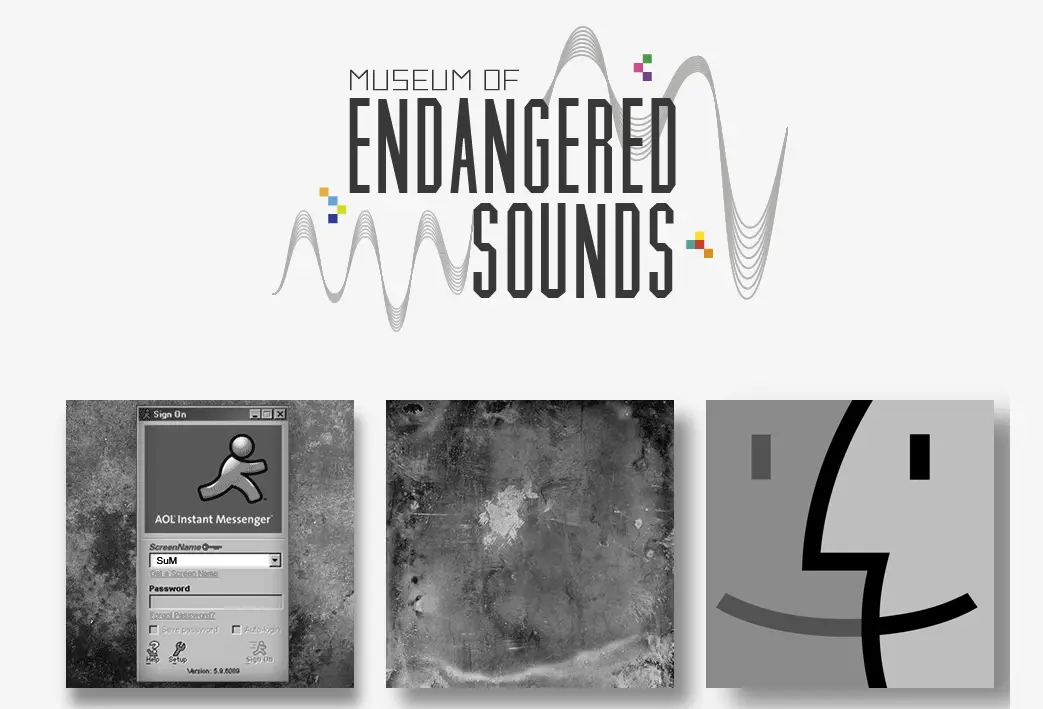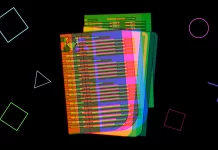Most of us decode MIA as a tragic message during or after a war or disaster. It means “Missing In Action.” Nevertheless, MIA has long been also part of Internet communication. Online, it’s a gentle reminder that someone wasn’t as communicative as usual.
While everyone can understand the acronym’s original history, some don’t know what it means in slang. On a personal level, MIA implies that the person hasn’t been in touch for a long time or doesn’t answer calls and messages. But it doesn’t mean that something terrible has happened to them. Perhaps the person needs a break from communication.
Anyway, let’s take a closer look at this acronym’s meaning.
What is MIA in slang?
In a broader context, MIA can refer to simply absent people. Often they do so willingly. For example, these are actors who are starring in their last movie and are ending their careers. Or singers who give their final tour and then disappear (end their professional career to live for themselves). There really could be any number of such examples.
When people leave no trace of their current existence and dissolve into the technological air, they become missing. Unlike the tragedy in real life behind the acronym, on the Internet, MIA is a phrase that suggests that someone is unavailable, physically or virtually out of sight or out of reach.
Here are some examples to help you understand MIA in slang:
- Sorry, I’ve been MIA for a while.
- We all need his help, but he’s MIA!
- We agreed to meet at 4 p.m., but they seem to be MIA.
Of course, you don’t have to use only the acronym MIA in online communication. You can just write “they’re missing.” But the abbreviation certainly helps to get the information across faster.
How to use MIA
Unlike many Internet slangs, you can use MIA in formal and informal contexts. You can use the acronym in a conversation with a supervisor or any other official about people who are missing, just as you would in an informal circle.
Formal usage scenarios for the acronym include military content, political contexts, social causes, and (formal) professional conversations. Here are a few examples of the traditional use of the MIA acronym:
- Two people were reported to MIA after the flight disaster.
- Stand up against war. Don’t be MIA!
MIA can informally hint that someone or something is missing in virtual or physical space. You can use it when talking about friends and relatives who are missing. Here are a few examples:
- Your brother chose to be MIA and doesn’t help me!
- We were having a great time until they went MIA!
MIA is one of those rare acronyms appropriate for both formal and informal occasions, both online and offline. However, people often use it when talking about soldiers who are missing in action or when people go missing after tragic incidents.
What is MIA’s origin history?
The term “Missing in Action” was first used during the wars. The earliest documented use of this abbreviation was in 1808. This alarming message refers to soldiers who have gone missing after a mission, and nobody has been able to prove whether they lived or died. There are many reasons why soldiers go missing in the war, the most possible being death, injury, or captivity.
Military organizations still use this phrase today to alert authorities and relevant families about missing troops. They remain missing until they are found and identified. Unfortunately, in most cases, such an opportunity is rare.
The deaths of MIA soldiers remain a mystery, and their graves are never discovered. In addition to death, soldiers may be listed as MIA when captured by the enemy, wounded, or deserted. The acronym MIA in its original essence, reflects the pain and frustration of not knowing what happened to a person.






